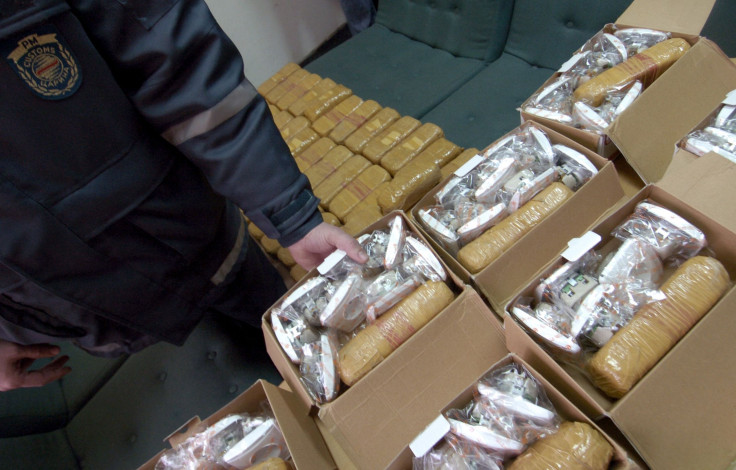Heroin Overdoses In The US; Why Drug Abuse Epidemic Skyrocketed In Recent Years


Why have heroin overdoses skyrocketed in the United States in recent years?
This question originally appeared on Quora. Answer by Mike Lieberman, neuroscientist and medical director.
The fact of the matter is, the biggest reason there’s such a problem with opiate addiction is patient advocacy. In 1996, the American Pain Society introduced the slogan “ Pain is the 5th vital sign ” - this riffed on the idea that in addition to the four standard vital signs (heart rate, blood pressure, temperature, and respiration rate) that pain should be considered on par with those when evaluating and treating a patient.
One has to understand the context in which this slogan was launched to appreciate its importance.
Opiates have been used medicinally for millennia. The opium poppy grows in various regions around the world, and when ancient civilizations ingested it, they learned about its analgesic effect. After waxing and waning in popularity over the centuries, by the time the 1990s came around, opiates had fallen far out of fashion.
Largely due to the “war on drugs” started by Richard Nixon and kicked into high gear by Ronald Reagan, physicians were afraid of prescribing opiates because they didn’t want their patients to get addicted. To the point where many patients who were legitimately in pain were being given drugs, such as aspirin and ibuprofen, rather than opiates even though they were largely ineffective at treating severe types of pain, like that often seen in cancer patients.
Patient advocacy groups rightly railed against this phenomenon, and the “pain is the 5th vital sign” campaign was very effective at making physicians more aware of how much their patients were suffering, and what they could do to help that suffering.
So the floodgates slowly opened, and doctors no longer feared to write prescriptions for opiates. In fact, they opened too widely, and prescriptions started to get written even for conditions that don’t respond particularly well to opiate analgesia, like chronic back pain or nerve pain - things that can go on and on for years. As more opiates got prescribed for chronic conditions like this, more prescription pills (of increasingly higher strength) found their way out into the world. Fast forward a few years - in 2012 there were 259 million opiate prescriptions in the US, literally enough for every adult to get their own bottle.
So here’s the issue - these drugs are necessary to treat pain, but they’re also highly addictive. Actually the drug czars, conservative physicians who were afraid of addiction, patient advocates trying to make opiates more available, and empathetic physicians willing to write more opiate prescriptions were all right. Opiates really are necessary to treat pain for a lot of people, and a lot of needless suffering was avoided by making them easier to prescribe. They’re also highly addictive, and when available as pills much easier to get hooked on than heroin because of the lack of stigma and the broad availability of them.
But what happens when law enforcement and physicians started cracking down on prescription opiates? Well, they created scarcity in the marketplace, and scarcity makes things more expensive. As illicit prescription pain meds became harder to find on the black market, they got more expensive.
Enter heroin, which suddenly becomes less frightening for the prescription opiate addict when facing withdrawal, and is now more affordable than prescription pain pills. It’s a (often much) cheaper, highly effective opiate that addicts could use to get their fix. But its manufacture and purity is also totally unregulated, so addicts who used to know exactly what they were getting with prescription pain pills were now getting wildly differing doses and strengths of heroin. Unpredictability in dosage strength and an insatiable need to use the drugs leads to eventual overdose.
As more people started transitioning to heroin from prescription pain meds, more overdoses started to happen, until we’re in the middle of the full-blown opiate usage and overdose epidemic that we’re currently facing.
More from Quora:
Published by Medicaldaily.com



























